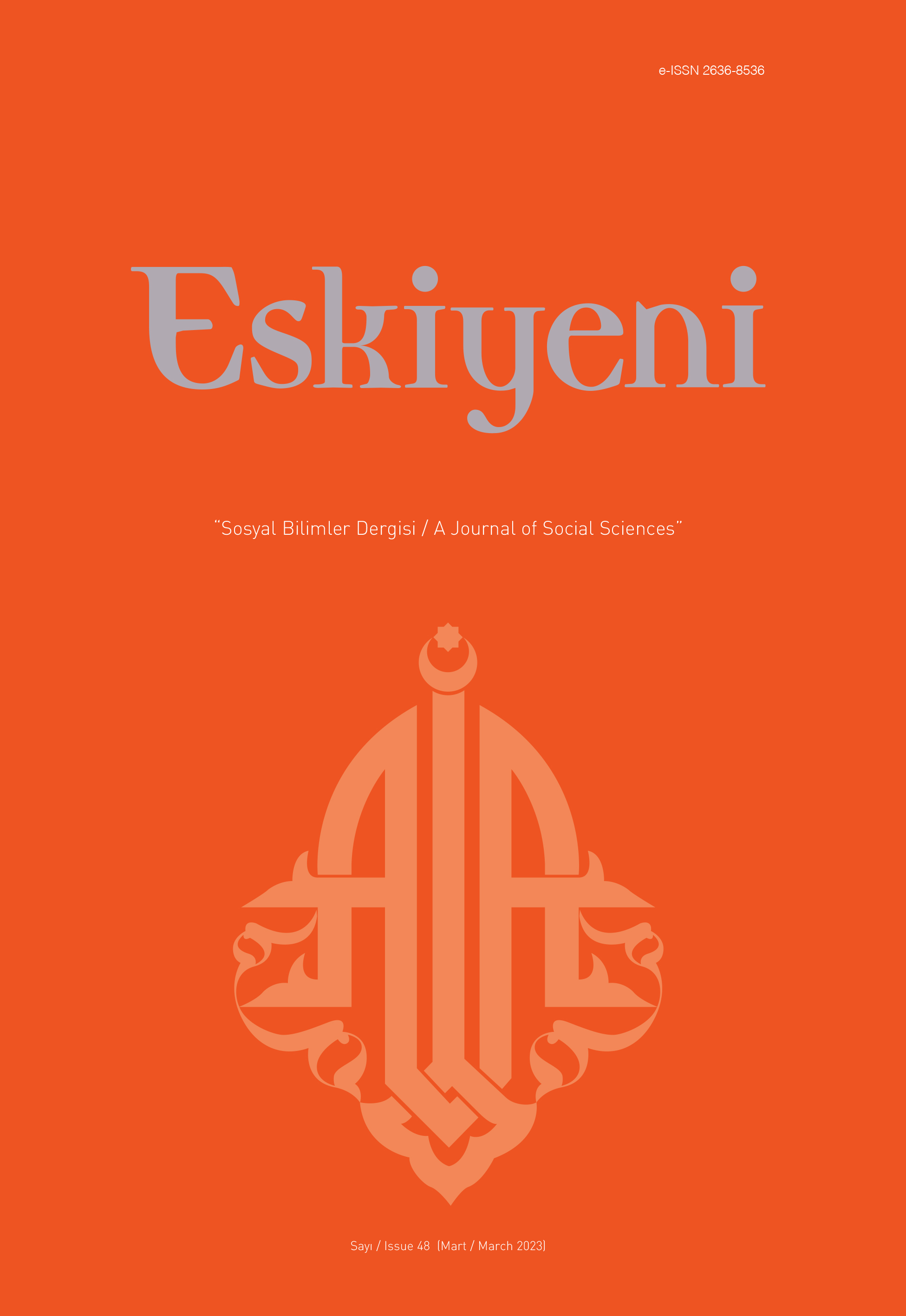Taha Abdurrahman’ın Fıkhı Ahlaka Dayandırma Çabası: İ’timârî Fıkıhtan İ’timânî Fıkha Geçiş Önerisi
Taha Abdurrahman’s Effort to Base Fiqh on Ethic: A Proposal for Transition from I’timārī Fiqh to I’timānī Fiqh
Author(s): Münteha MAŞALISubject(s): Philosophy, Law, Constitution, Jurisprudence, Theology and Religion, Islam studies, Sharia Law
Published by: Anadolu İlahiyat Akademisi
Keywords: Fiqh; Islamic Law; Ethic; Aide; Fiduciary; Lore;
Summary/Abstract: Taha Abdurrahman in his investigation regarding contemporary challenges, not only he has criticized the Western paradigm which he has considered as a primary reason behind these challenges, but also, he has propounded -so to say critical- evaluations on the obstructing aspects of Islamic consideration in overcoming them. Emphasizing that the aforementioned challenges would be surmounted by reasserting the ethical-centered view, Taha Abdurrahman has stated that this, for a Muslim, means considering one’s own existence as a trust from Allāh. Endeavoring to read the juristic thought as well in the light of this paradigm, he has indicated the necessity for Islamic jurisprudence to predicate on i’timānī fiqh which he conceptualized as fiduciary jurisprudence, rather than i’timārī fiqh which he conceptualized as aide jurisprudence. Predicating fiqh on a spiritual-moral basis will force back the i’timārī fiqh/aide jurisprudence consideration which contains problems of appropriation, strengthening the self, restricting oneself with the temporal and condensing the religion into the fiqh, and all the problems it brings along, thus will allow to establish a healthy relationship both with the creatures and Allāh. According to Taha Abdurrahman, this basis may be attained by considering everything as Allāh’s deposits and expanding the fiqh’s sphere in order to include the values which result morality within its borders. When such a basis is attained, the reductionist, appropriative, abstractive, materializing relationship that the i’timārī/aide conception has established between Allāh-humanbeing-universe will be abandoned. In lieu of it an approach will prevail, which will strengthen an awareness to consider everything possessed as Allāh’s deposit and enable to transform the fiqh into an activity which result morality. Taha Abdurrahman refers to this approach as i’timānī fiqh/fiduciary jurisprudence. In this article, we will discuss briefly contributions of the ethical-centered view, Taha Abdurrahman has suggested, as well as the advantages of predicating on the ethical-centered view in overcoming the modern challenges, provided for the juristic thought. Thus, we will find the opportunity to be closely acquainted with Taha Abdurrahman’s main conceptual framework, as well as to exemplify his integrative approach.
Journal: Eskiyeni
- Issue Year: 2023
- Issue No: 48
- Page Range: 115-134
- Page Count: 20
- Language: Turkish

